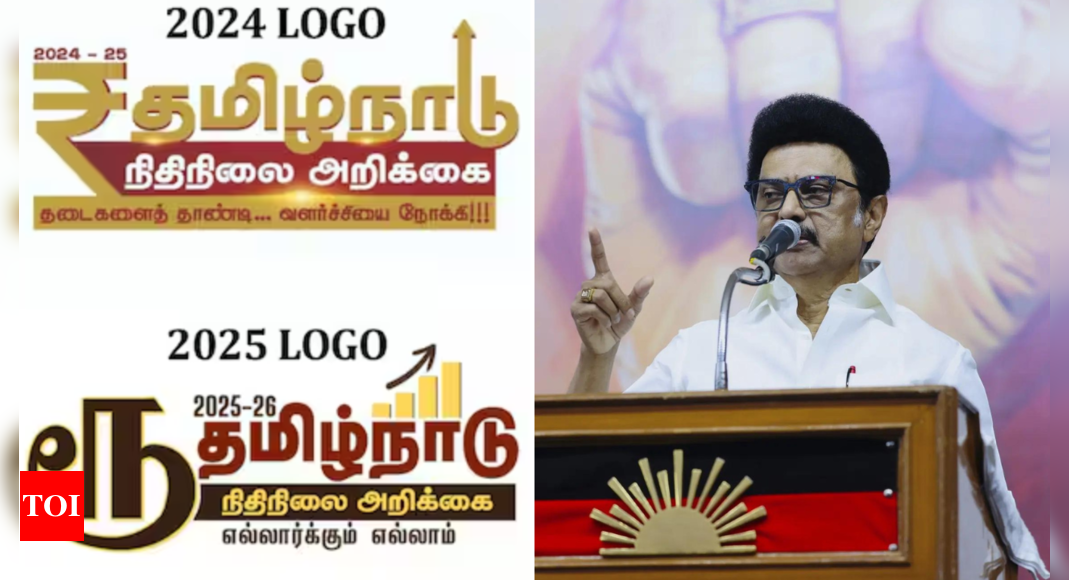Mumbai, Jul 6 (PTI) In an escalating battle against sophisticated online fraud, Mumbai Police has initiated a large-scale awareness programme aimed at protecting citizens from ‘digital arrest’ scams and has successfully thwarted several such attempts, saving crores of rupees from slipping into the hands of fraudsters.
The city police set up a special helpline number for ‘digital arrest’ cases, and since then saved six senior citizens from falling victim.
The proactive measure comes with a clear directive from Mumbai Police Commissioner Deven Bharti to his five recently established cyber police stations: act immediately on distress calls to prevent any transfer of money within the critical “golden hour.” The “golden hour” is a critical period where coordinated efforts among law enforcement, banks and digital payment platforms can freeze fraudulent transactions within the financial system, effectively blocking or flagging illicit accounts.
“We have been able to save Rs 280 crore since June 2022,” Bharti, who took over as police commissioner on May 1, told PTI recently.
He said that since emphasis was being laid on not missing the crucial golden hour, the Mumbai Police ensured holding of Rs 87.99 crore in various banks, thus preventing it from falling into the hands of scammers.
The ‘digital arrest’ scam is a form of fraud that preys on fear and misinformation, with the perpetrators — impersonating as police officials with fake uniforms and official-looking logos — contacting victims claiming a parcel intended for them contains illegal goods or that a loved one is involved in a crime.
They then declare the victim is under ‘digital arrest,’ demanding they remain under constant watch via platforms like Skype and pay hefty “fines” to avoid further consequences. In some cases, the victims have been held “under arrest” for days with their life savings draining away.
“It is really heartbreaking to see people’s life savings disappear,” Bharti said, adding, “We are trying our best to ensure this doesn’t happen again.” He said that apart from setting up a special helpline number, the Mumbai police is actively involved in mass-scale awareness drives that include social media campaigns and contact with local housing society WhatsApp groups to educate citizens on the information to recognise and prevent these scams.
In order to propagate the message further, the Mumbai Police has even roped in Bollywood star Ayushmann Khurrana to educate the general public.
“It is very crucial for the public to understand that there is no such concept as a ‘digital arrest’ and the scamsters rely on exploiting personal data obtained through breaches or publicly available information on social media to build a believable narrative,” explains Bharti.
The police commissioner emphasised that immediate information is necessary from the victim. “If a coerced money transfer is reported to the helpline number 1930 within an hour of the transaction, the chances of recovery significantly increase,’ he said.
“Beyond that crucial first hour, the likelihood of stopping the transaction within the banking system drops drastically.” Bharti said prompt action is vital to prevent the money from being siphoned off into a layered network of mule accounts and subsequently withdrawn from ATMs in cash, at which point it becomes untraceable and unrecoverable.
He said probes into these scams often show a darker dimension where, in some cases, it has come to notice that some Indian nationals trafficked to Southeast Asia under the pretext of lucrative job offers are found parked in countries like Myanmar and Cambodia, where they virtually act like cyber slaves.
These people are forced into digital servitude and compelled to target people within India with various scams, including the ‘digital arrest’ fraud.
A report of the United Nations Office on Drugs and Crime (UNODC), released in October 2024, noted that ‘digital arrests,’ which it termed “law enforcement impersonation,” are becoming increasingly common across Southeast Asia. PTI SKL RT
This report is auto-generated from PTI news service. ThePrint holds no responsibility for its content.






